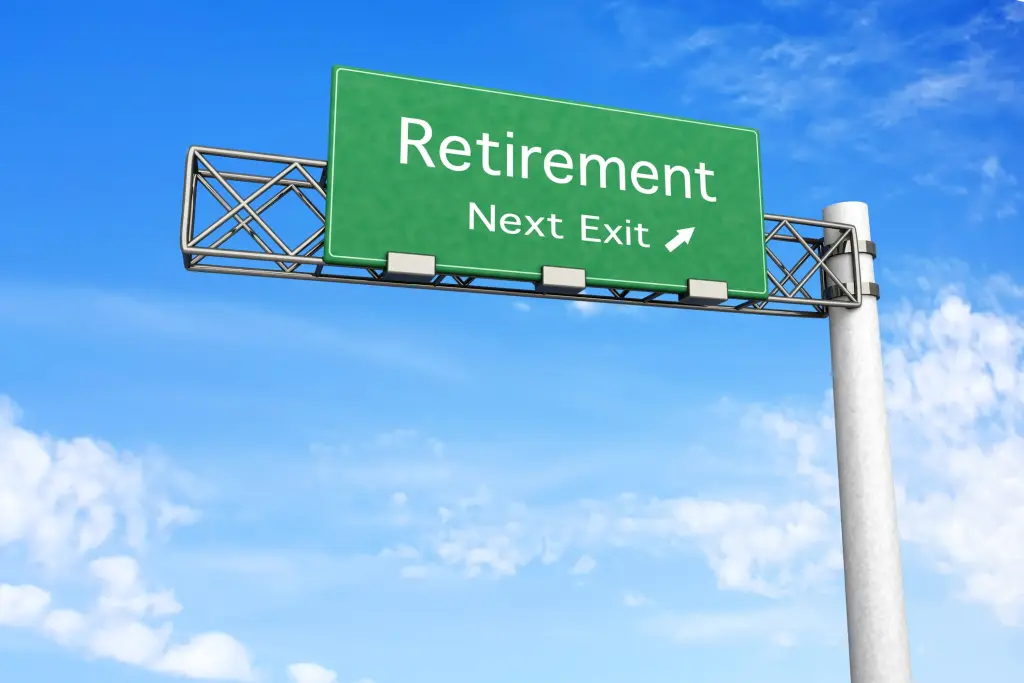In a world increasingly characterized by economic volatility, Americans are being forced to rethink how they prepare for retirement. Gone are the days when steady pensions and predictable markets provided a clear roadmap for life after work.
As these uncertainties mount, many Americans are finding themselves grappling with tough questions: How much is enough to save? What happens if Social Security benefits diminish? And how can they safeguard their nest eggs against an unpredictable financial future? The answers are neither simple nor universal, but they highlight the complexity of planning for retirement in the 21st century.
Rethinking savings strategies

One of the most pronounced shifts in retirement preparation involves a reassessment of how Americans save. Traditional vehicles like 401(k)s, IRAs, and pensions—once considered pillars of retirement security—are still foundational but are increasingly supplemented by other methods.
For many, the volatility of the stock market has underscored the importance of spreading investments across different asset classes. Real estate has emerged as a popular choice, offering both long-term value appreciation and the potential for passive income through rental properties.
Some retirees even view downsizing their homes as a way to simultaneously reduce expenses and unlock capital. Others, meanwhile, are exploring commodities like gold or even cryptocurrencies, though these options come with heightened risk and complexity.
A growing number of Americans are also looking to health savings accounts (HSAs) as an integral part of their planning. These accounts not only provide a tax-advantaged way to save for healthcare expenses but also offer investment options for those looking to grow their balances over time.
Considering that medical expenses represent a significant portion of retirement costs, the strategic use of HSAs is becoming a central piece of the puzzle. Compounding this shift is the rise of financial education tools and apps, which are empowering people to take more control of their planning.
Platforms that offer robo-advisors, retirement calculators, and portfolio management services make it easier for individuals to understand their financial standing and adjust their strategies. By embracing these technologies, Americans are finding ways to navigate the complexities of modern retirement planning with greater confidence.
Adapting to a changing workforce
The nature of work has changed dramatically over the past few decades, and this transformation has had profound implications for retirement planning. The days of working for a single company for 30 years and retiring with a pension are now the exception rather than the norm.
Instead, a significant portion of the workforce participates in the gig economy, freelancing, or working multiple part-time jobs. While this shift has brought greater flexibility, it has also eliminated many of the safety nets traditionally associated with long-term employment.
Without employer-sponsored retirement plans, gig workers and freelancers must rely on self-directed accounts like IRAs or solo 401(k)s. However, these options require a proactive approach to saving and investing, which not everyone feels equipped to handle. Financial literacy, therefore, plays a crucial role in this new paradigm.
Organizations and community programs that teach budgeting, investing, and tax strategies are becoming invaluable resources for this segment of the workforce. For those still in traditional employment, the rise of remote work is offering new opportunities to extend careers and rethink retirement altogether.
Many Americans are choosing to delay full retirement, either by continuing their current roles on a part-time basis or by transitioning into consulting and freelance work. Remote work has made this shift more feasible, allowing individuals to maintain income streams while reducing the physical and mental stress often associated with office-based jobs.
Furthermore, the concept of retirement is itself evolving. Increasingly, retirees are looking for ways to remain active and engaged, both financially and socially. For some, this means starting small businesses or pursuing entrepreneurial ventures. For others, it means volunteering, mentoring, or investing in hobbies that could eventually generate income.
Confronting social and economic challenges
Beyond personal savings and career considerations, Americans are also contending with broader societal and economic challenges as they prepare for retirement. One of the most pressing issues is the rising cost of healthcare. With life expectancies increasing, many retirees are facing decades of medical expenses, including the possibility of long-term care.
Planning for these costs requires not just financial resources but also careful decision-making about insurance coverage, Medicare options, and long-term care plans. The future of Social Security is another significant concern. While it remains a vital source of income for millions of retirees, its long-term viability is uncertain.
Many younger workers are skeptical about whether the program will provide the same level of benefits when they retire, leading them to prioritize personal savings over reliance on government support. This shift in mindset reflects a broader trend toward individual responsibility in retirement planning.
Social and emotional well-being also play a critical role in how Americans approach retirement. The transition from a structured work life to a less defined retirement can be emotionally challenging, especially in an economic climate that feels unstable. To address these challenges, many individuals are turning to holistic retirement planning.
This approach considers not just financial needs but also factors like mental health, physical wellness, and maintaining strong social connections. One emerging trend in this area is the rise of retirement communities and co-housing arrangements that prioritize community living.
These setups allow retirees to share resources, reduce expenses, and maintain a sense of belonging. For many, the combination of financial and emotional security offered by these communities makes them an attractive option.
Looking ahead: hope and resilience
While the challenges facing Americans as they prepare for retirement are significant, they are not insurmountable. The creativity and adaptability shown by individuals in the face of economic uncertainty are testaments to their resilience.
From embracing new technologies and diversifying investments to redefining the very concept of retirement, Americans are finding ways to navigate the unknown. At its core, successful retirement planning in this era requires a blend of foresight, flexibility, and optimism.
Though the road ahead may be uncertain, the willingness to adapt and the determination to build a secure future remain powerful drivers. For many, these qualities are as valuable as any financial strategy, serving as a foundation for navigating the complexities of an unpredictable economic landscape.

